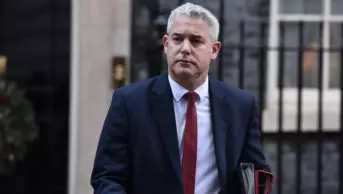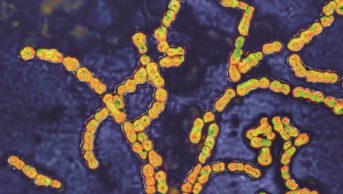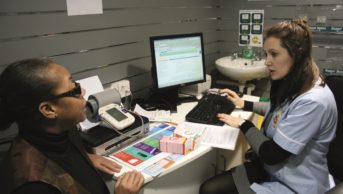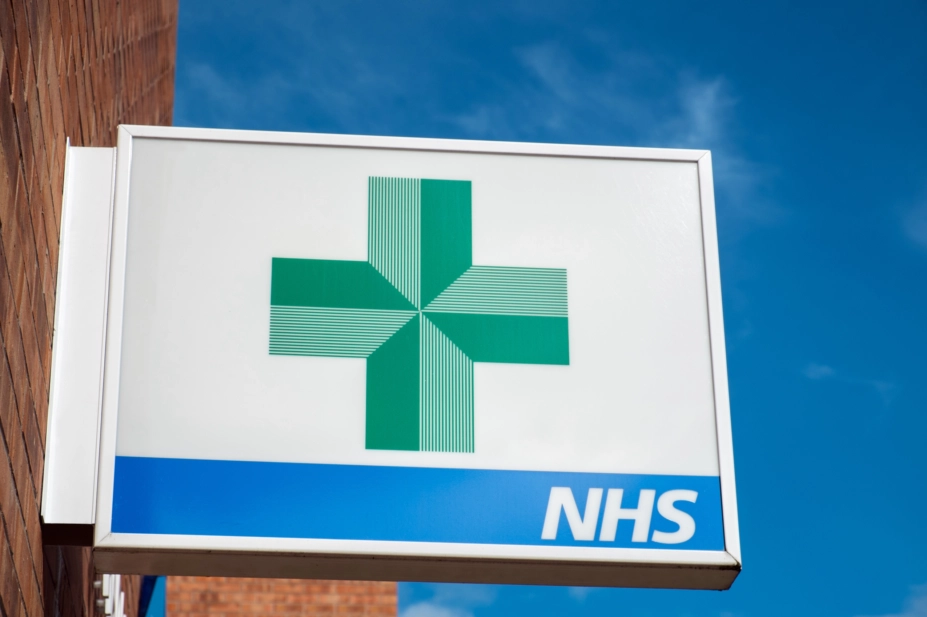
Shutterstock.com
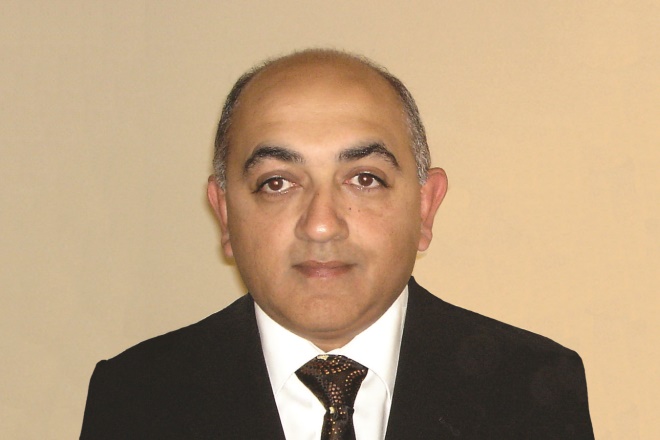
Source: Courtesy of Hitesh Patel
Hitesh Patel, chief officer at the City and Hackney Local Pharmaceutical Committee, said that plans for a replacement service are “at a very early stage”
A community pharmacy-run minor ailments scheme (MAS) exclusively for people who are “socially vulnerable” is being planned for London.
Community pharmacists in the City and Hackney Local Pharmaceutical Committee (LPC) area in east London are expected to trial the scheme — which is still being designed — before it is offered as a model for others to adopt across the capital.
Proposals for the new service have emerged just two months before NHS EÂngland funding for a traditional MAS in 14 of London’s 32 boroughs is due to run out. Community pharmacists are due to be sent notices about the service, which ends in late March 2019, in the near future.
Community pharmacists are due to be sent notices about the service, which ends in late March 2019, in the near future.
How the new MAS would run, how patients’ eligibility would be confirmed and how the service would be funded are still being decided by a working group made up of community pharmacists and representatives from the local clinical commissioning groups (CCGs), public health services and NHS England.
The definition of “social vulnerability” is also being determined by the working group, which is due to meet again before the end of March 2019.
Hitesh Patel, chief officer for City and Hackney LPC — one of the 14 boroughs in the MAS — told The Pharmaceutical Journal: “We are working with our CCG and NHS London to develop a new service, but it’s at a very early stage.”
NHS England London had originally planned to end the 14-borough MAS service in the summer of 2018, on the grounds that it was not a London-wide service and was therefore “inequitable”. It also claimed that its service specifications were “not fit for purpose” and that some patients were reportedly using the MAS to obtain regular supplies of paracetamol and ibuprofen, rather than when they had an acute need. NHS England London also said it was confident that pharmacists working in GP surgeries could take on some of the MAS work and could direct patients to community pharmacists for self-management of care.
However, community pharmacists won a last-minute reprieve and funding was promised for that MAS until the end of the 2018/2019 financial year. The change of heart was prompted by concerns about the impact the closure would have, particularly on vulnerable patients.
Announcing the delay in June 2018, NHS England London also promised talks to see if there was a way to produce a MAS only for vulnerable patients.
Developing a MAS exclusively for vulnerable patients follows the closure of other such schemes across England, despite community pharmacists warning that vulnerable patients denied access to free over-the-counter products were being forced to choose whether to “eat or treat”.
An investigation by The PharmaÂceutical Journal at the end of 2018 found that 23 pharmacy minor ailment schemes in England were decommissioned in the past three years. This did not cover the 14-borough-wide scheme in London.
The data, which were obtained via a series of Freedom of Information requests to CCGs in England, show that just 43% of areas currently commission a pharmacy MAS and one in five decommissioned a pharmacy MAS between 2015 and 2018.
Meanwhile, more than 2,000 community pharmacies have now registered to be part of the Digital Minor Illness Referral Service (DMIRS) pilot scheme, where patients who call NHS 111 are given the option of a referral to a named community pharmacist for a booked consultation.
In November 2018, pharmacies from London, Devon and the East Midlands signed up to the pilot run by NHS England. The DMIRS scheme was first launched in the north-east of England in December 2017.
